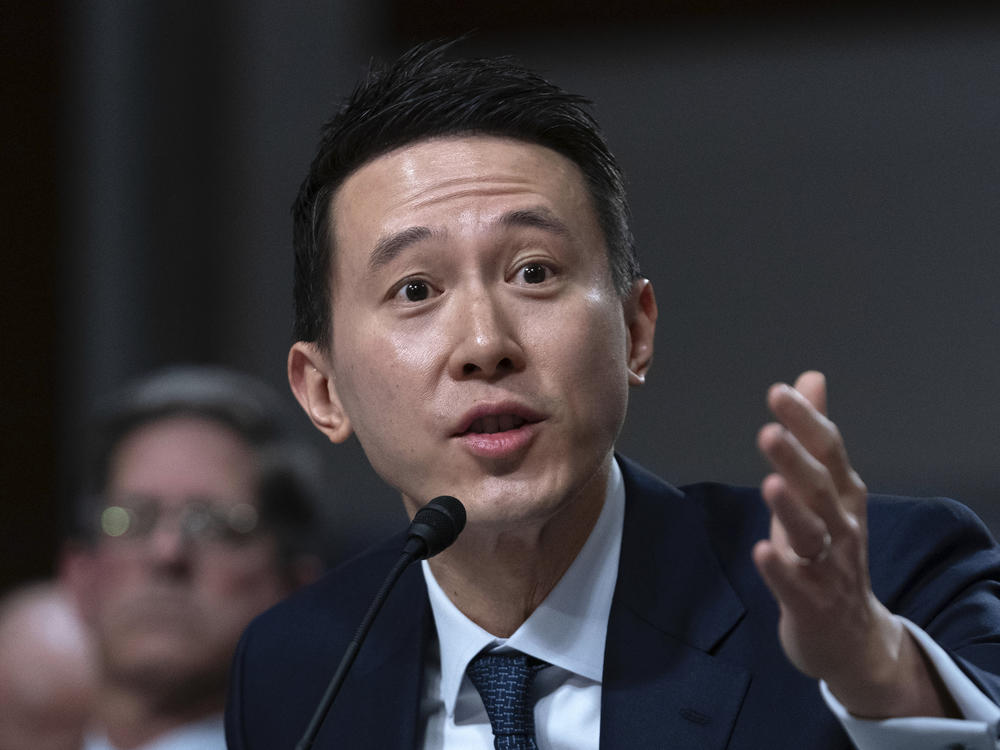Section Branding
Header Content
Tom Cotton grills Singaporean TikTok CEO: Are you a Chinese Communist?
Primary Content
Various big tech leaders were summoned for a congressional hearing Wednesday on the issue of child safety online. Lawmakers said the companies — Meta, X (formerly Twitter), TikTok, Snap, and Discord — have failed to protect children from online sex abuse and exploitation.
When it was GOP Sen. Tom Cotton's turn to take the stand of questioning, he repeatedly asked TikTok CEO Shou Zi Chew whether he is Chinese and a member of the Chinese Communist Party. Chew adamantly responded that he is Singaporean, not Chinese.
The back-and-forth exchange continued for a whole minute as Cotton, of Arkansas, insisted on the same lines over and over.
Chew, clearly growing frustrated, stated that he served the Singaporean military for several years, which is mandatory for male citizens over 18, and that he holds only a Singaporean passport. (Dual citizenship is not allowed in Singapore beyond age 21).
"Singapore, unfortunately, is one of the places in the world that has the highest degree of infiltration and influence by the Chinese Communist Party," Cotton said on Fox News's The Story With Martha MacCallum Wednesday. "So, Mr. Chew has a lot to answer for, for what his app is doing in America and why it's doing it."
TikTok has faced much scrutiny — from both Democrats and Republicans — over concerns that its China-based parent company, ByteDance, might be sharing user data with the Chinese government.
This is not the first time that Chew himself was the subject of questioning over his background. Last year, Chew faced lawmakers in a high-stakes hearing over the safety and security of TikTok.
He has said in the past that the app is "free from any manipulation from any government."
Experts worry that hostile rhetoric framed as geopolitical and national security concerns have given rise to a new kind of McCarthyism and xenophobia against Asian-Americans.
Nearly two years ago, the Department of Justice ended a controversial Trump-era program called the China Initiative, which aimed to counter the Chinese government's theft of American secrets and technology by targeting mostly ethnic Chinese academics. Although the program was stopped after accusations of racial profiling, a recently proposed bill could revive the initiative.
"Obviously, we want to make sure that our national secrets are protected. But what Trump did was to make this a focus on one country," said Democratic Rep. Judy Chu of California in a 2023 interview with NPR. "And that's why I have always emphasized to my colleagues that they distinguish between the Chinese people and the Chinese Communist Party. Because, I tell you, when it just becomes the Chinese people then it becomes — in American's minds — everybody."
Neither Cotton's office nor TikTok responded for comment.
Copyright 2024 NPR. To see more, visit https://www.npr.org.

